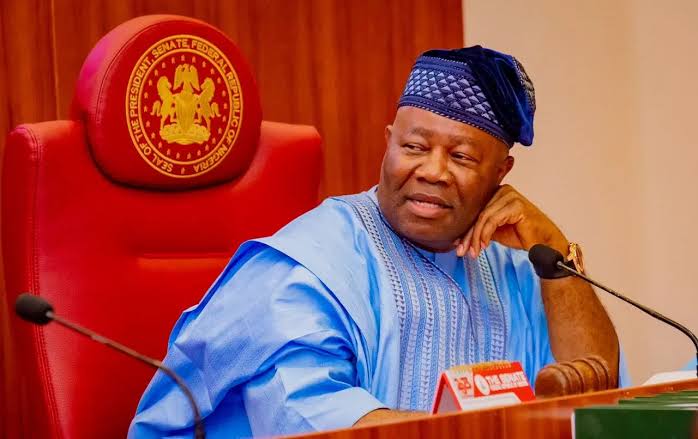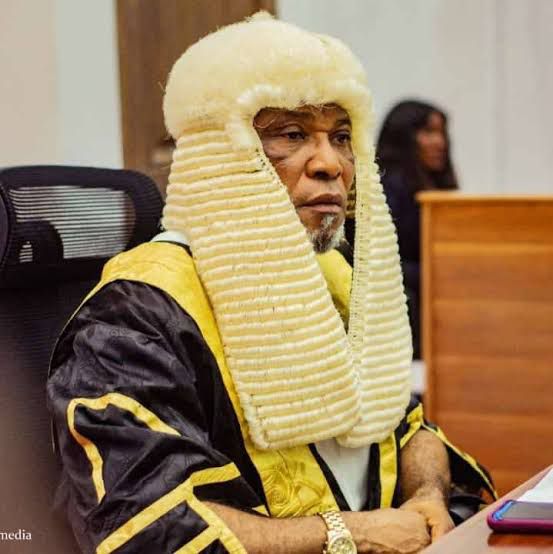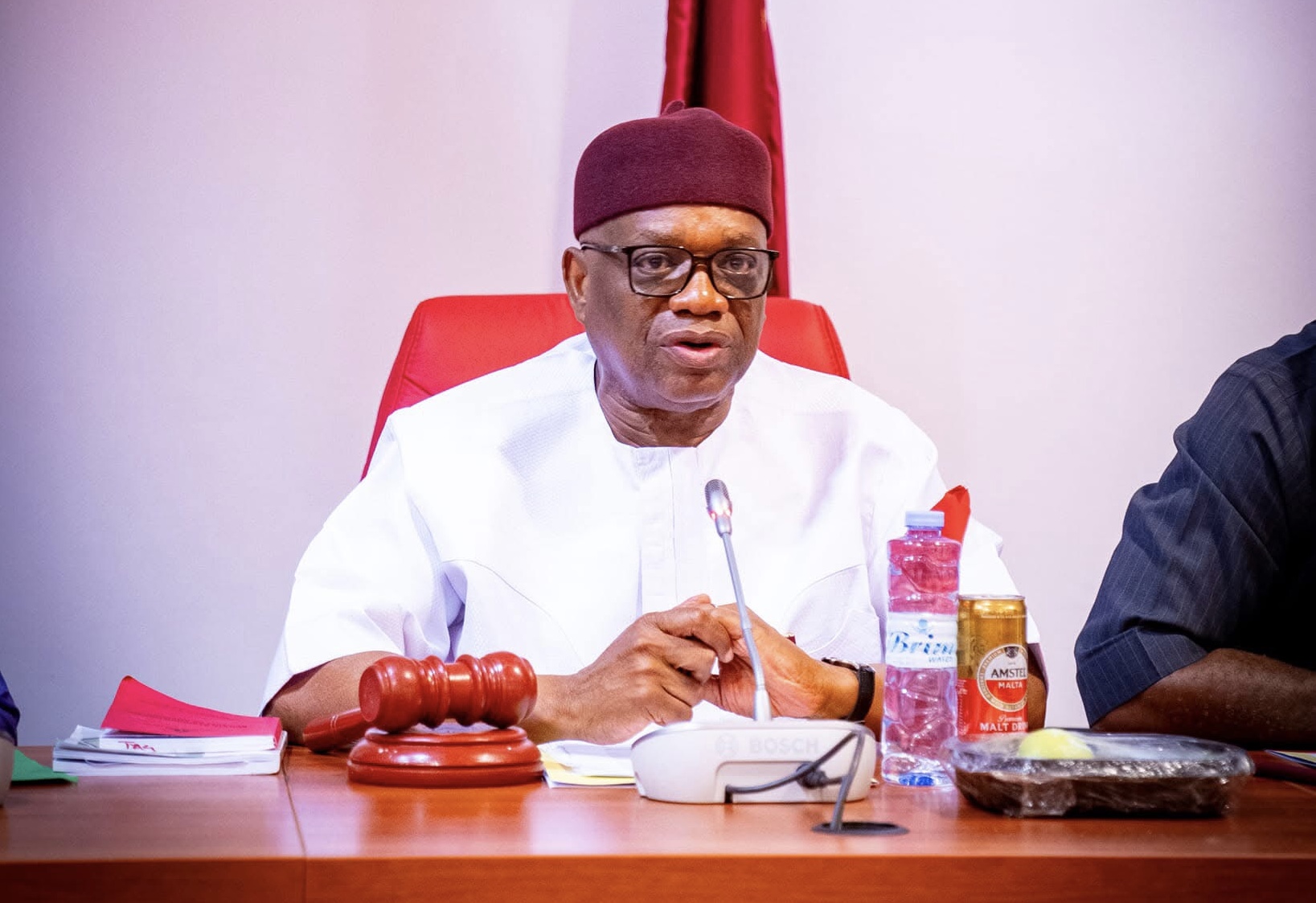Proposed Reserved Seats’ Bill For Women In Nigeria, An Avoidable Ridicule Of Nigeria’s Democracy.
It is ridiculous to hear that an illusion in the name of gearing efforts towards a Bill that seeks to reserve seats for Nigerian women in Nigerian Legislative Houses, both at the Federal and State Assemblies, is being apparently pursued, as a temporary measure to increase female representation in Nigerian Legislative Houses.
According to reports, the Bill is to address current underrepresentation of women in political decision-making.
As the report goes, the Bill includes a sunset clause, meaning that ‘the Special Seats will be reviewed after sixteen years to make sure they are discontinued once the desired level of representation is achieved and sustained’. Funny enough, the Bill is designed as a Temporary Special Measure (TSM).
Let it not be forgotten that Nigeria, which had obtained her Political Independence from Britain on 1st of October, 1960, and had, like Britain, practised Parliamentary System of Government in her First Republic, 1960-66, opted for the Ameican Presidential System starting from her Second Republic in 1979.
It is on record that the United States of America, since her declaration of Independence from Britain on July 4, 1776, has never contemplated reserving Special Legislative Seats for her female Citizens. The best America has done for her women was through the 19th Amendment in 1920 which guaranteed equality and the right to vote her women. There is no way Americans, in all their democratic decency, exposure, and maturity, could associate themselves with such level of absurdity. Rather than engage in the frivolity of creating special seats for American women, the 19th Amendment focused on a system of representation based on population, geographical districts, but not guaranteeing representation to any specific demographic.
Democracy is defined as a Government of the People, by the People and for the People. Representation in democracy is an outcome of the People’s choice. Choice in a democracy is not determined by the sex of contestants. Rather, it is by the message, appeal and dynamics of the aspirants. It will be awkward, cowardly and defeatist for Nigerian women to ask for Special Seats in Nigeria’s Legislative Assemblies.
To start with, how will the Special Constituencies be created, and from where? Could they be from the moon? Every Nigeria, irrespective of sex, has fundamental right to aspire to the highest elective position in Nigeria, as long as he or she fulfills the constitutional requirements. Sections 33-46 of Chapter IV of the Constitution state them appropriately.
Therefore, if any Constituency is designated as a Temporary Special Measure for only women aspirants to contest election in them, what happens to the male aspirants to such elective offices? Would the Bill’s intention be to disenfranchise and violate the fundamental rights of Nigerian men just to in order to give a temporary unsustainable relief to women?
The Bill should die a natural death, as it conveys no reasonableness or common sense. It is a very bad projection of Nigerian women, as it makes them look weak and unduly opportunistic.
Those pushing for that Bill should be taken Nigeria’s National Archives to read and study the political exploits of many Nigerian Political Amazons. In Nigeria’s First Republic, Chief (Mrs) Margaret Ekpo, from Calabar in the present Cross River State, was a formidable Politician in Aba where she lived with her husband who was a Medical Doctor. Chief Ekpo was deeply involved in the struggle for Nigeria’s Political Independence. As early as 1947, she had formed an impregnable Union of Market Union in Aba. By 1961 when she aspired to be elected into Eastern Regional Assembly on the platform of Dr Nnamdi Azikiwe’s National Council of Nigerian Citizens, NCNC, she had become a household name in and around Aba. In 1964, she was reelected into the same Regional Assembly because she had worked herself into the Aba Constituents. Between 1961 and January 15, 1966, that the Military struck, no male political aspirant could have defeated Chief Ekpo in any political contest in Aba.
At the beginning of Nigeria’s Second Republic in 1979, Dame Victoria Akanwa was almost unanimously elected by the People of Asa State Constituency, which is the present Ukwa-West Local Government Area of Abia State, to represent them in Old Imo State House of Assembly. She was the only female Legislator in that House. She was reelected in 1983 before the Nigerian Military struck again on December 31, 1983.
Senators Florence Giwa Ita, Abiodun Olujimi, Grace Folashade Bent, Stella Omu, Daisy Danjuma, Stella Oduah, Nkechi Nwaogu, Binta Masi Garba, Fatima Raji-Rasaki, Uche Ekwunife, Ireti Kingibe, and many other women did not wait for any special senatorial Constituency to be carved out for them before they could be elected into the Senate of the Federal Republic of Nigeria. They had their ambition and went all out for it, beating their male co-aspirants, and gallantly clinched the coveted seat.
Equity Global Reporters Ltd urges Nigerian women engaged in that goose chase to come out of that hallucination and facing life from its realistic point of view.
As for the Nigerian National Assembly, it is advised that any pursuit that will tantamount to a ridicule to the highly respected Chambers, a discontinuation will be her best option. A tactical withdrawal will surely save her image.
Sir Don Ubani, Managing-Editor/CEO
Equity Global Reporters Ltd.


